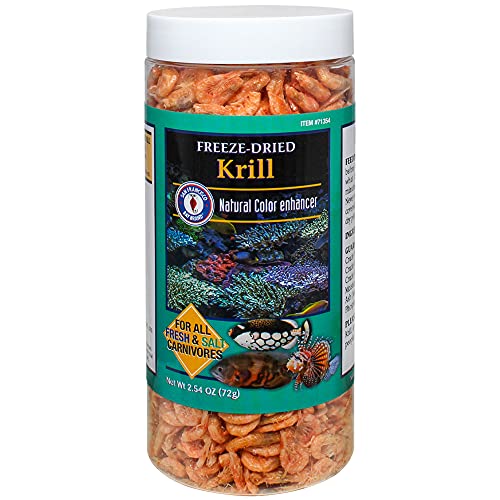Hello,
The coral pictured is most likely of the Protopalythoa Genus. Perhaps P. variabilis. They are zooplankton eaters so meaty foods such as mysis or finely ground raw shrimp are appropriate substitutes. They do not eat phytoplankton such as DT's.
You can use and eye dropper or turkey baster to feed the coral. If the coral polyp closes up on the food you can take that as a sign of a healthy and hungry coral. They prefer low flow and low to moderate light but they can be adapted to high light conditions. Regular feedings of once or twice a week are recommended for coral health and growth. They can be quite prolific with the proper nutrition doubling in number every six months or so.
Regards,
Kevin
PS: A salinity of 1.025-1.026 is more appropriate for reef corals.


















































